University of Hawaiʻi Press Privacy Policy
WHAT INFORMATION DO WE COLLECT?
University of Hawaiʻi Press collects the information that you provide when you register on our site, place an order, subscribe to our newsletter, or fill out a form. When ordering or registering on our site, as appropriate, you may be asked to enter your: name, e-mail address, mailing 0address, phone number or credit card information. You may, however, visit our site anonymously.
Website log files collect information on all requests for pages and files on this website's web servers. Log files do not capture personal information but do capture the user's IP address, which is automatically recognized by our web servers. This information is used to ensure our website is operating properly, to uncover or investigate any errors, and is deleted within 72 hours.
University of Hawaiʻi Press will make no attempt to track or identify individual users, except where there is a reasonable suspicion that unauthorized access to systems is being attempted. In the case of all users, we reserve the right to attempt to identify and track any individual who is reasonably suspected of trying to gain unauthorized access to computer systems or resources operating as part of our web services.
As a condition of use of this site, all users must give permission for University of Hawaiʻi Press to use its access logs to attempt to track users who are reasonably suspected of gaining, or attempting to gain, unauthorized access.
WHAT DO WE USE YOUR INFORMATION FOR?
Any of the information we collect from you may be used in one of the following ways:
To process transactions
Your information, whether public or private, will not be sold, exchanged, transferred, or given to any other company for any reason whatsoever, without your consent, other than for the express purpose of delivering the purchased product or service requested. Order information will be retained for six months to allow us to research if there is a problem with an order. If you wish to receive a copy of this data or request its deletion prior to six months contact Cindy Yen at [email protected].
To administer a contest, promotion, survey or other site feature
Your information, whether public or private, will not be sold, exchanged, transferred, or given to any other company for any reason whatsoever, without your consent, other than for the express purpose of delivering the service requested. Your information will only be kept until the survey, contest, or other feature ends. If you wish to receive a copy of this data or request its deletion prior completion, contact [email protected].
To send periodic emails
The email address you provide for order processing, may be used to send you information and updates pertaining to your order, in addition to receiving occasional company news, updates, related product or service information, etc.
Note: We keep your email information on file if you opt into our email newsletter. If at any time you would like to unsubscribe from receiving future emails, we include detailed unsubscribe instructions at the bottom of each email.
To send catalogs and other marketing material
The physical address you provide by filling out our contact form and requesting a catalog or joining our physical mailing list may be used to send you information and updates on the Press. We keep your address information on file if you opt into receiving our catalogs. You may opt out of this at any time by contacting [email protected].
HOW DO WE PROTECT YOUR INFORMATION?
We implement a variety of security measures to maintain the safety of your personal information when you place an order or enter, submit, or access your personal information.
We offer the use of a secure server. All supplied sensitive/credit information is transmitted via Secure Socket Layer (SSL) technology and then encrypted into our payment gateway providers database only to be accessible by those authorized with special access rights to such systems, and are required to keep the information confidential. After a transaction, your private information (credit cards, social security numbers, financials, etc.) will not be stored on our servers.
Some services on this website require us to collect personal information from you. To comply with Data Protection Regulations, we have a duty to tell you how we store the information we collect and how it is used. Any information you do submit will be stored securely and will never be passed on or sold to any third party.
You should be aware, however, that access to web pages will generally create log entries in the systems of your ISP or network service provider. These entities may be in a position to identify the client computer equipment used to access a page. Such monitoring would be done by the provider of network services and is beyond the responsibility or control of University of Hawaiʻi Press.
DO WE USE COOKIES?
Yes. Cookies are small files that a site or its service provider transfers to your computer’s hard drive through your web browser (if you click to allow cookies to be set) that enables the sites or service providers systems to recognize your browser and capture and remember certain information.
We use cookies to help us remember and process the items in your shopping cart. You can see a full list of the cookies we set on our cookie policy page. These cookies are only set once you’ve opted in through our cookie consent widget.
DO WE DISCLOSE ANY INFORMATION TO OUTSIDE PARTIES?
We do not sell, trade, or otherwise transfer your personally identifiable information to third parties other than to those trusted third parties who assist us in operating our website, conducting our business, or servicing you, so long as those parties agree to keep this information confidential. We may also release your personally identifiable information to those persons to whom disclosure is required to comply with the law, enforce our site policies, or protect ours or others’ rights, property, or safety. However, non-personally identifiable visitor information may be provided to other parties for marketing, advertising, or other uses.
CALIFORNIA ONLINE PRIVACY PROTECTION ACT COMPLIANCE
Because we value your privacy we have taken the necessary precautions to be in compliance with the California Online Privacy Protection Act. We therefore will not distribute your personal information to outside parties without your consent.
CHILDRENS ONLINE PRIVACY PROTECTION ACT COMPLIANCE
We are in compliance with the requirements of COPPA (Children’s Online Privacy Protection Act), we do not collect any information from anyone under 13 years of age. Our website, products and services are all directed to people who are at least 13 years old or older.
ONLINE PRIVACY POLICY ONLY
This online privacy policy applies only to information collected through our website and not to information collected offline.
YOUR CONSENT
By using our site, you consent to our web site privacy policy.
CHANGES TO OUR PRIVACY POLICY
If we decide to change our privacy policy, we will post those changes on this page, and update the Privacy Policy modification date.
This policy is effective as of May 25th, 2018.
CONTACTING US
If there are any questions regarding this privacy policy you may contact us using the information below.
University of Hawaiʻi Press
2840 Kolowalu Street
Honolulu, HI 96822
USA
[email protected]
Ph (808) 956-8255, Toll-free: 1-(888)-UH-PRESS
Fax (800) 650-7811





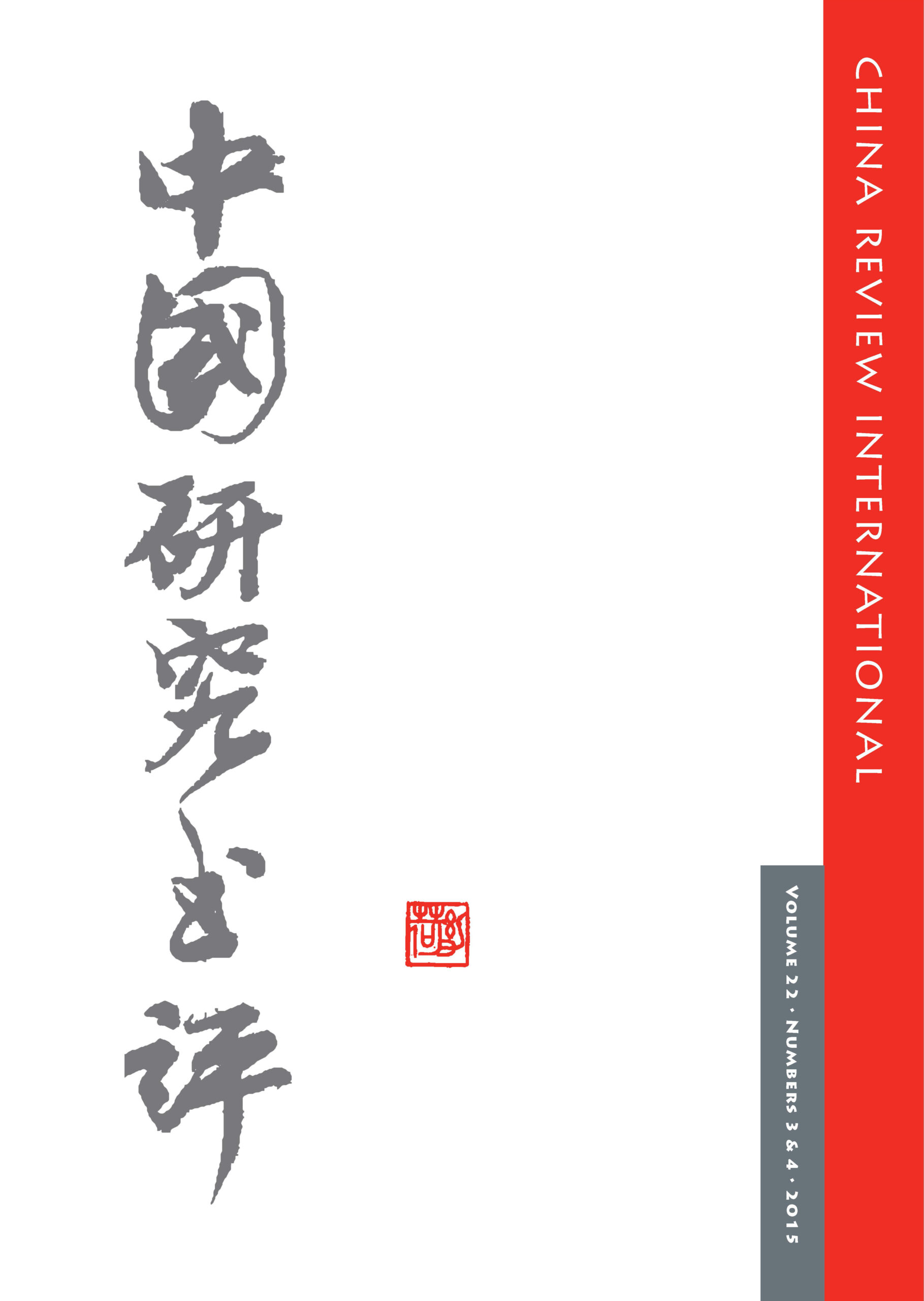
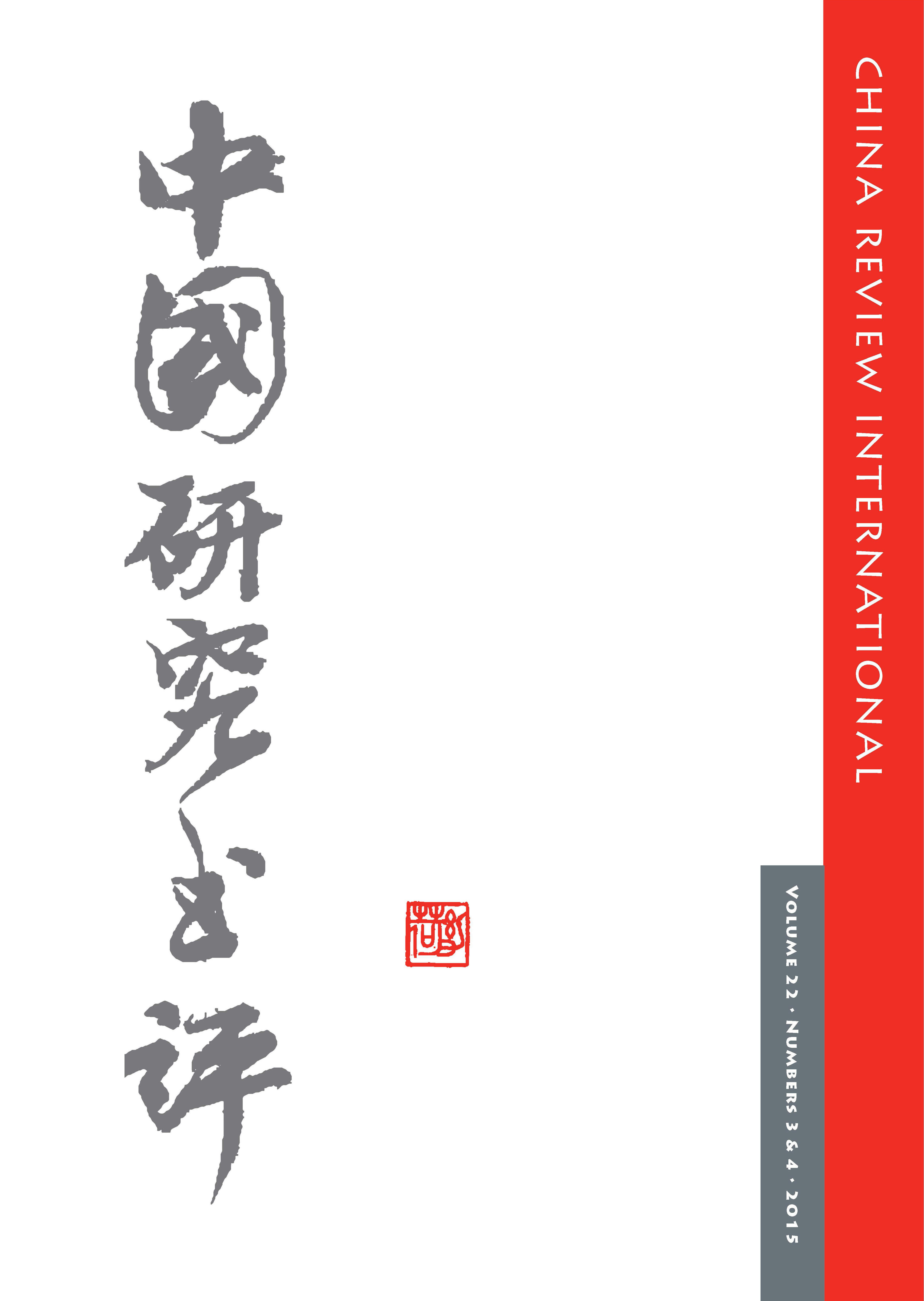
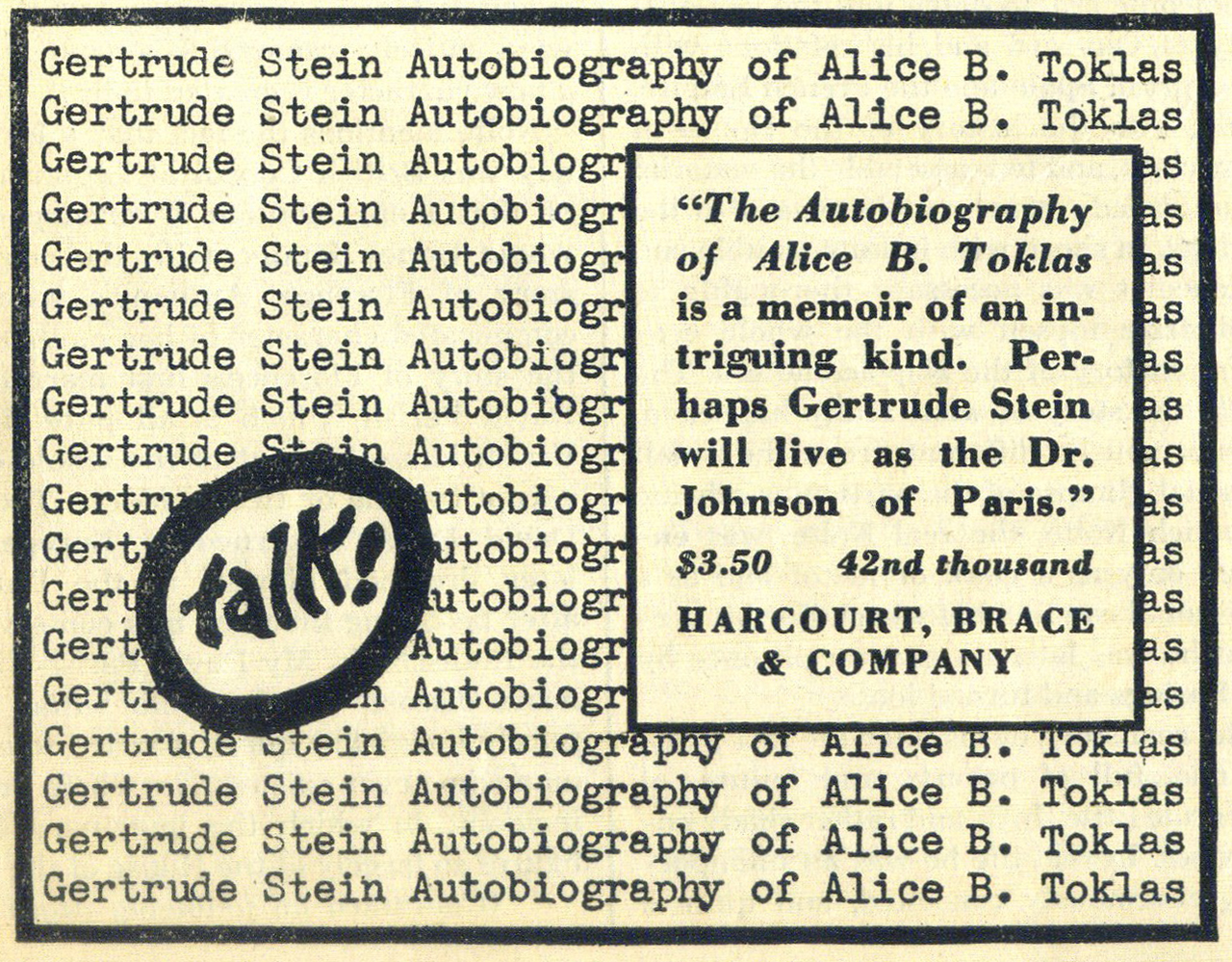

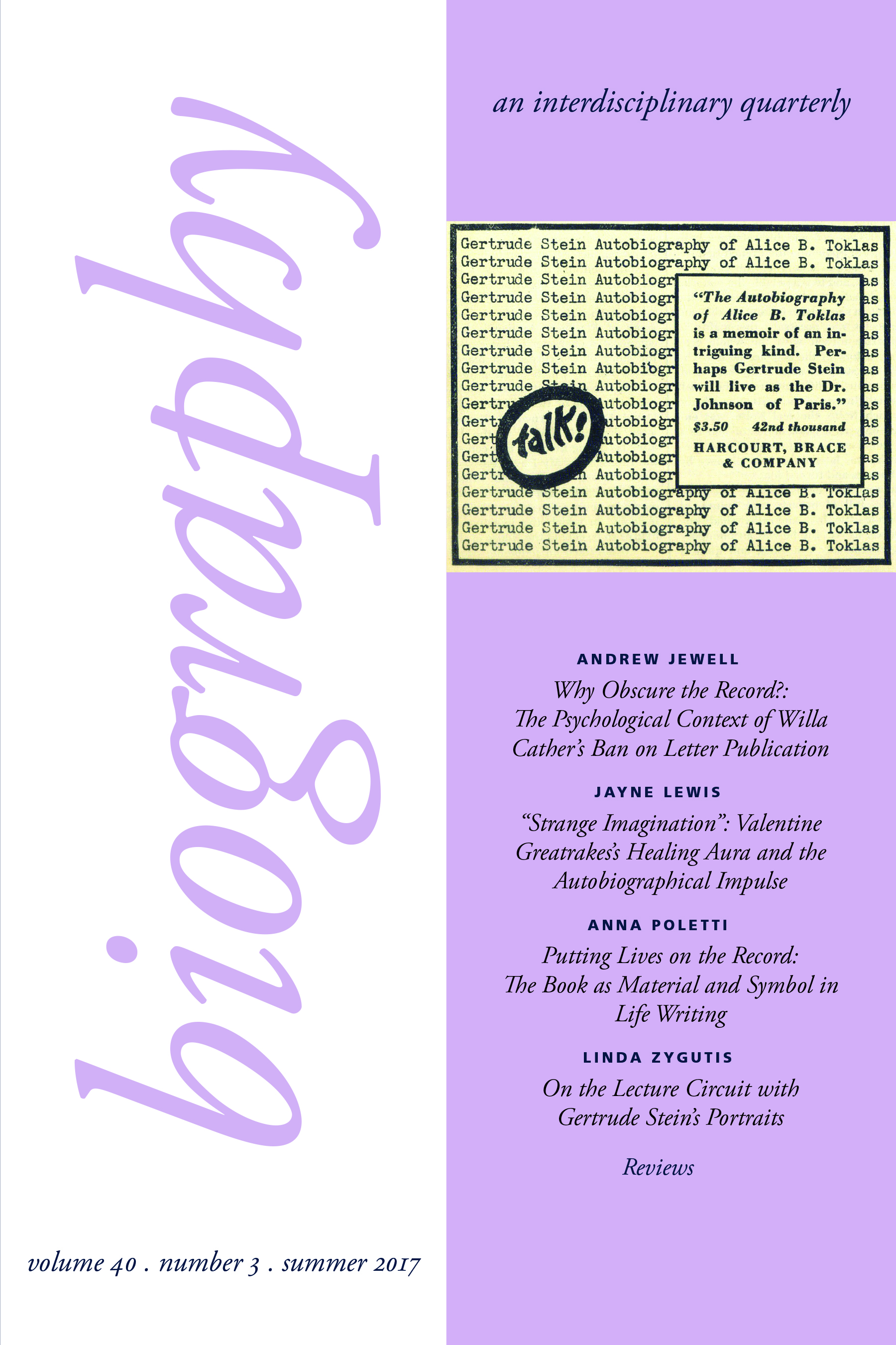 About the Journal
About the Journal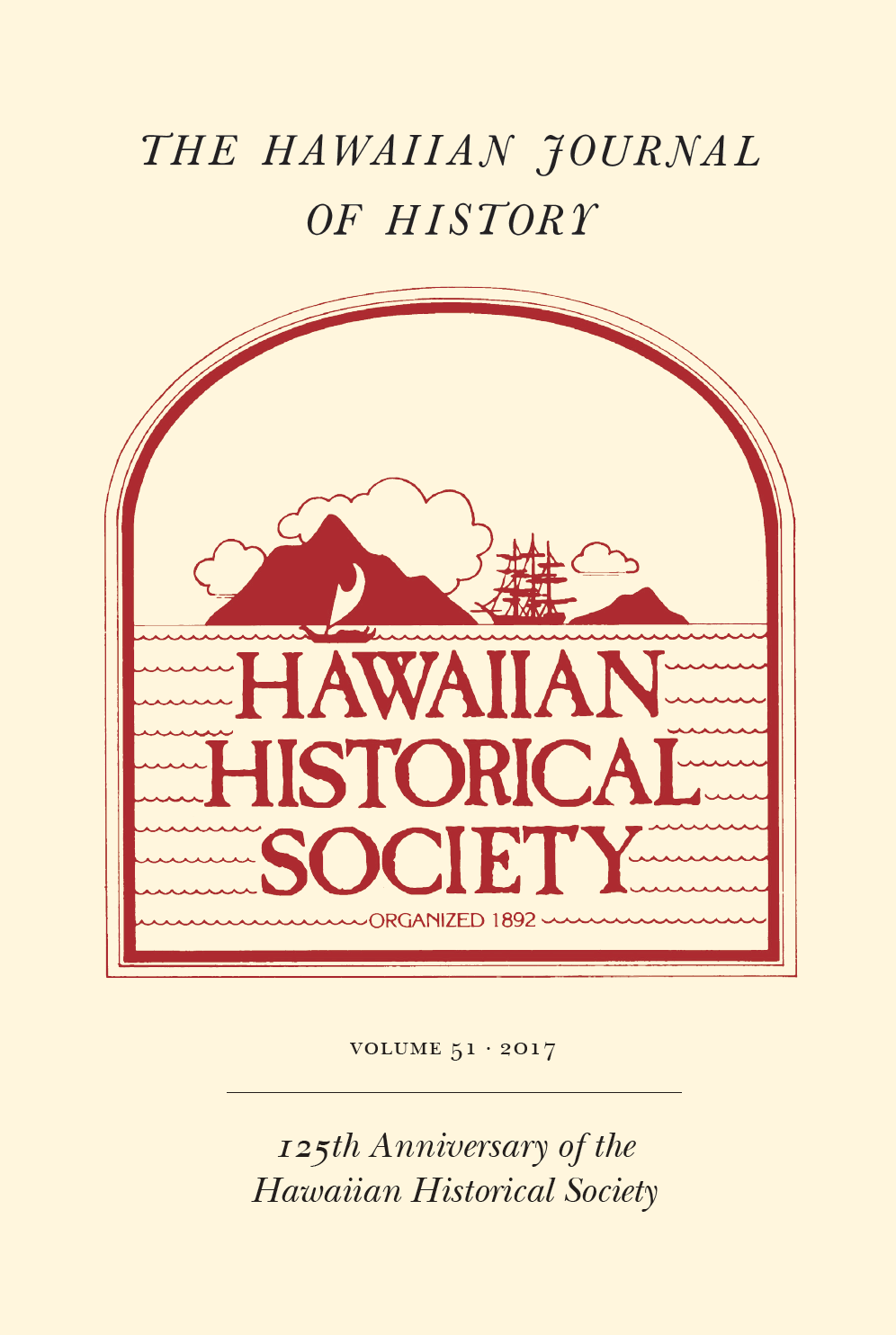
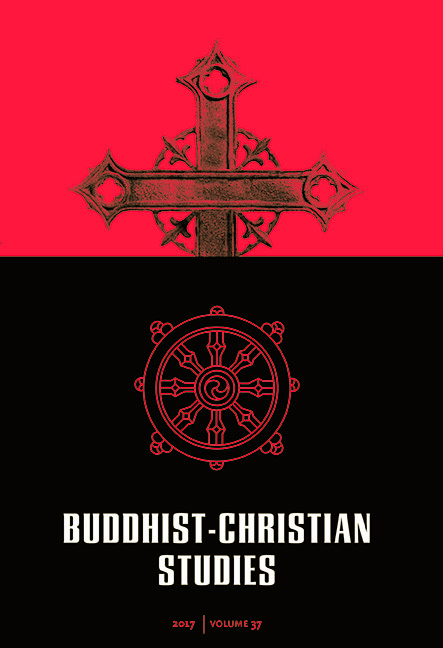 A scholarly journal devoted to Buddhism and Christianity and their historical and contemporary interrelationships, Buddhist-Christian Studies presents thoughtful articles, conference reports, and book reviews. It also includes sections on comparative methodology and historical comparisons, as well as ongoing discussions from two dialogue conferences: the Theological Encounter with Buddhism, and the Japan Society for Buddhist-Christian Studies.
A scholarly journal devoted to Buddhism and Christianity and their historical and contemporary interrelationships, Buddhist-Christian Studies presents thoughtful articles, conference reports, and book reviews. It also includes sections on comparative methodology and historical comparisons, as well as ongoing discussions from two dialogue conferences: the Theological Encounter with Buddhism, and the Japan Society for Buddhist-Christian Studies.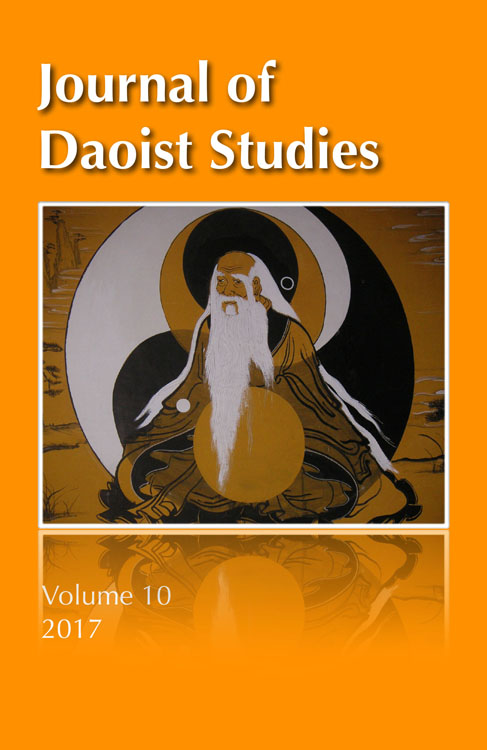 The Journal of Daoist Studies (JDS) is an annual publication dedicated to the scholarly exploration of Daoism in all its different dimensions. Each issue has three main parts: Academic Articles on history, philosophy, art,society, and more (limit 8,500 words); Forum on Contemporary Practice on issues of current activities both in China and other parts of the world (limit 5,000 words); and News of the Field, presenting publications, dissertations, conferences and websites.
The Journal of Daoist Studies (JDS) is an annual publication dedicated to the scholarly exploration of Daoism in all its different dimensions. Each issue has three main parts: Academic Articles on history, philosophy, art,society, and more (limit 8,500 words); Forum on Contemporary Practice on issues of current activities both in China and other parts of the world (limit 5,000 words); and News of the Field, presenting publications, dissertations, conferences and websites.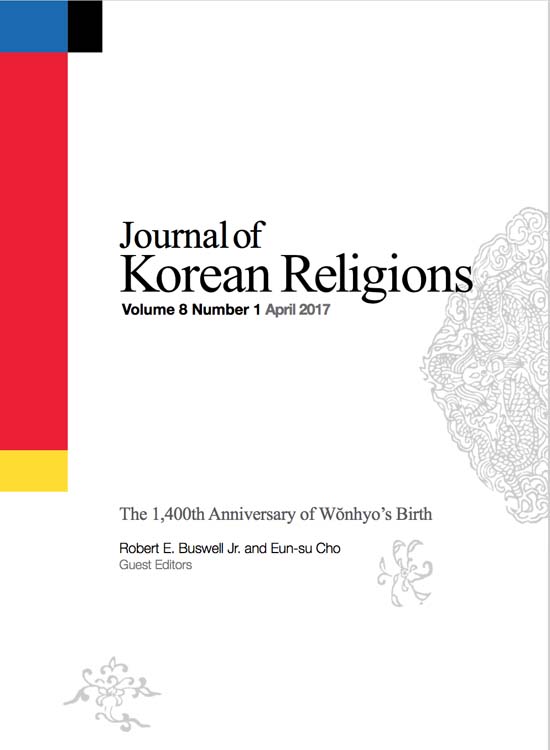 The Journal of Korean Religions is the only English-language academic journal dedicated to the study of Korean religions. It aims to stimulate interest in and research on Korean religions across a range of disciplines in the humanities and social sciences. Launched in 2010 by the Institute for the Study of Religion at Sogang University in Korea, it is peer-reviewed and published twice yearly, in April and October.
The Journal of Korean Religions is the only English-language academic journal dedicated to the study of Korean religions. It aims to stimulate interest in and research on Korean religions across a range of disciplines in the humanities and social sciences. Launched in 2010 by the Institute for the Study of Religion at Sogang University in Korea, it is peer-reviewed and published twice yearly, in April and October.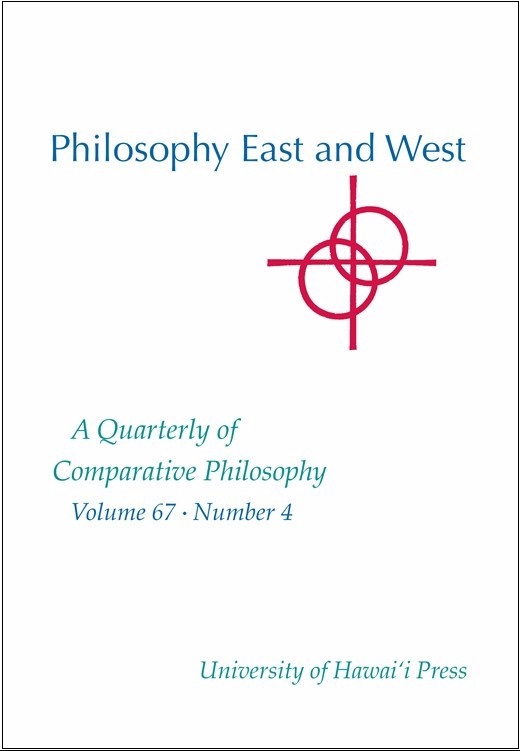 and West has for over half a century published the highest-quality scholarship that locates these cultures in their relationship to Anglo-American philosophy. Philosophy defined in its relationship to cultural traditions broadly integrates the professional discipline with literature, science, and social practices. Each issue includes debates on issues of contemporary concern and critical reviews of the most recent publications.
and West has for over half a century published the highest-quality scholarship that locates these cultures in their relationship to Anglo-American philosophy. Philosophy defined in its relationship to cultural traditions broadly integrates the professional discipline with literature, science, and social practices. Each issue includes debates on issues of contemporary concern and critical reviews of the most recent publications.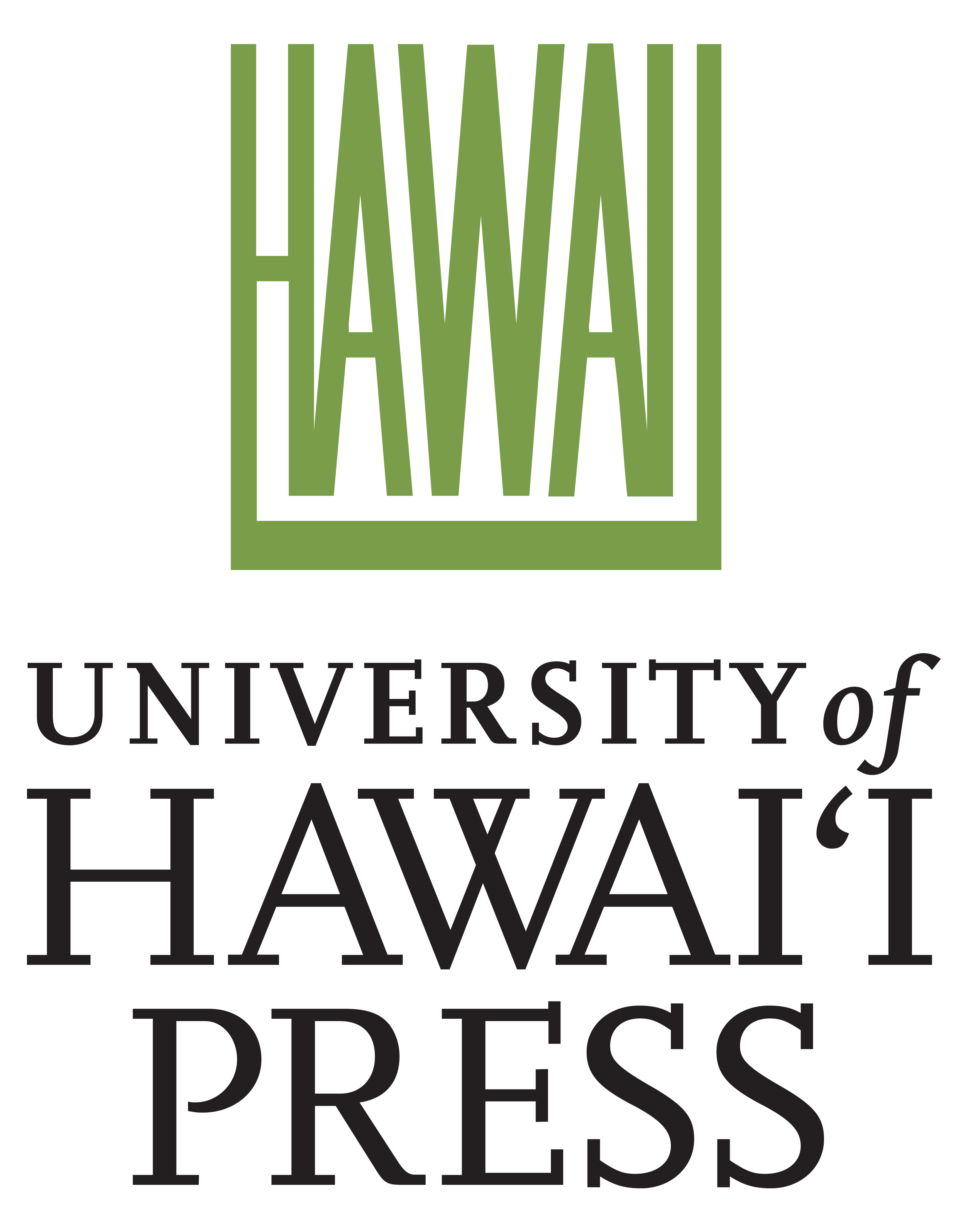


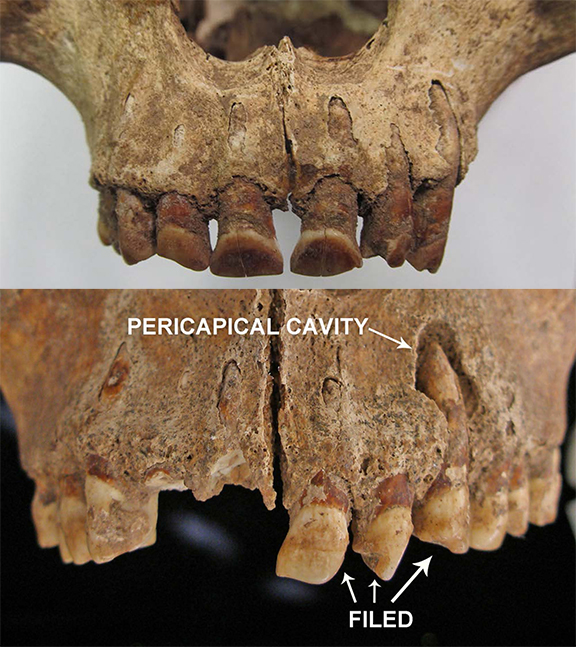


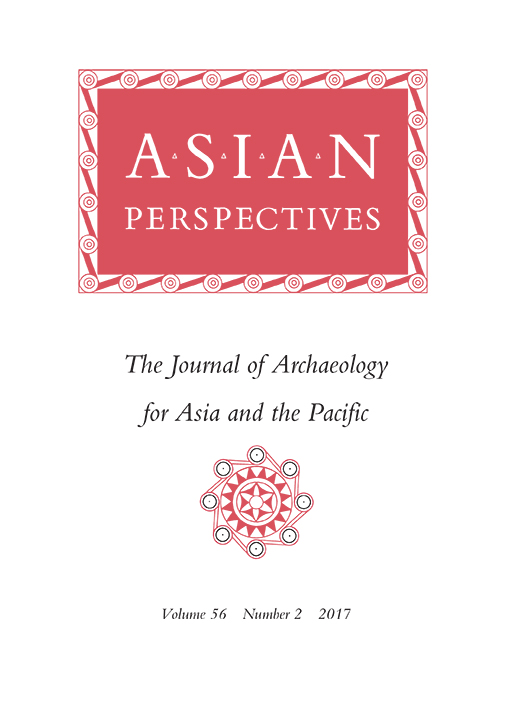

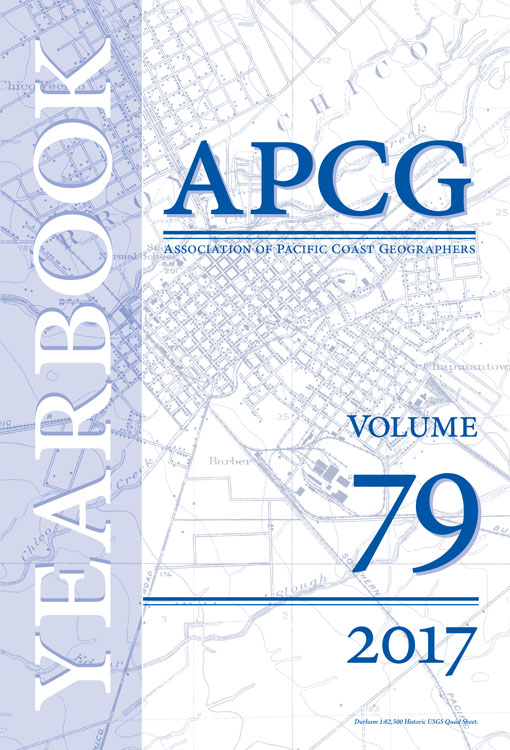
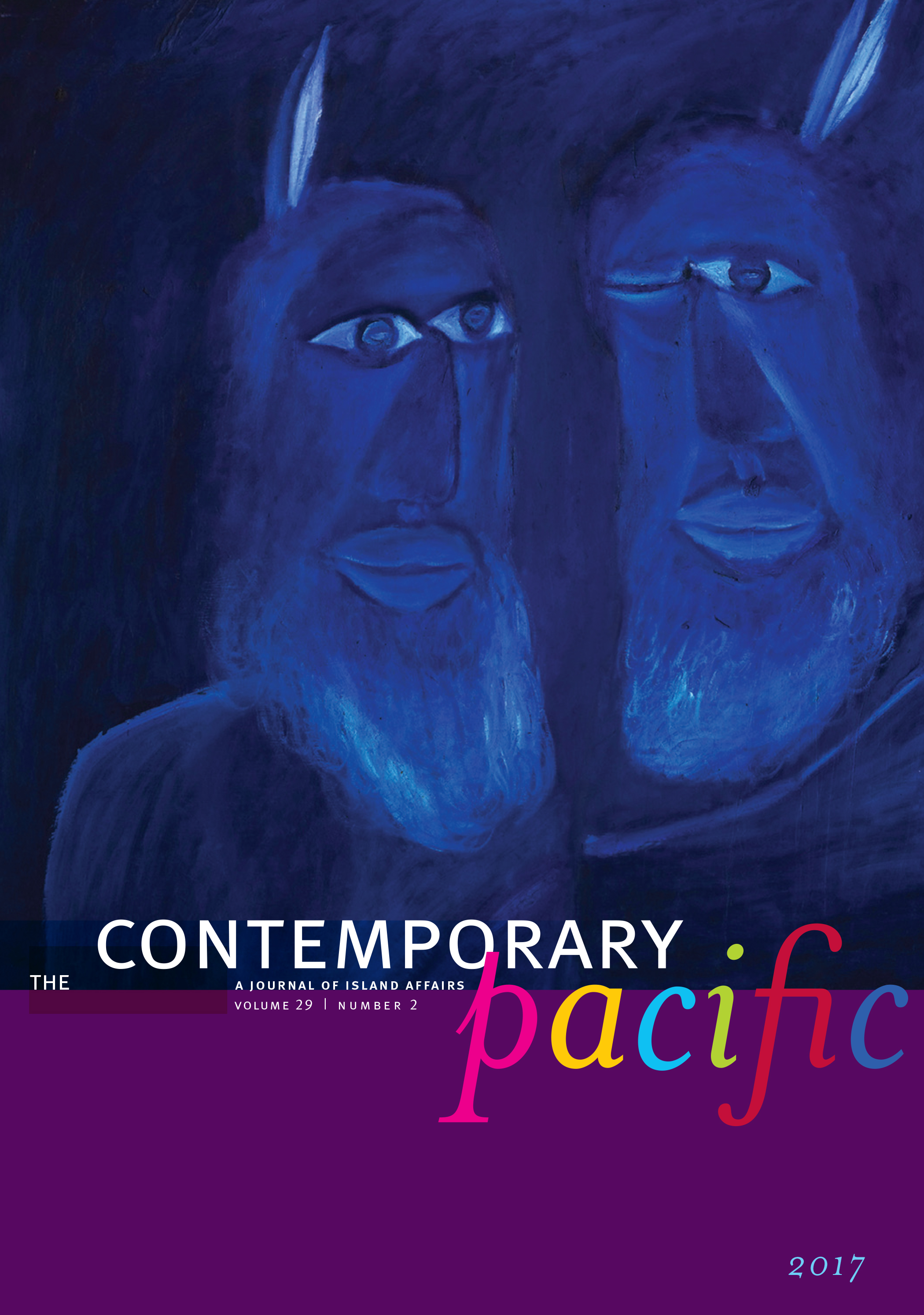 Context: Nic Maclellan reflects on the U.S.’s political influence on the Pacific region, especially as it relates to environmental regulation: “Debates over climate action, West Papua, fisheries, and trade continued as a feature of regional affairs in 2016, often dividing Pacific governments and their international partners. The election of Donald Trump as U.S. president in November set the stage for these divisions to continue, given Trump’s statements during the election campaign on climate change and America’s new directions in foreign policy.” This introduction is followed by more reports from the field, including
Context: Nic Maclellan reflects on the U.S.’s political influence on the Pacific region, especially as it relates to environmental regulation: “Debates over climate action, West Papua, fisheries, and trade continued as a feature of regional affairs in 2016, often dividing Pacific governments and their international partners. The election of Donald Trump as U.S. president in November set the stage for these divisions to continue, given Trump’s statements during the election campaign on climate change and America’s new directions in foreign policy.” This introduction is followed by more reports from the field, including